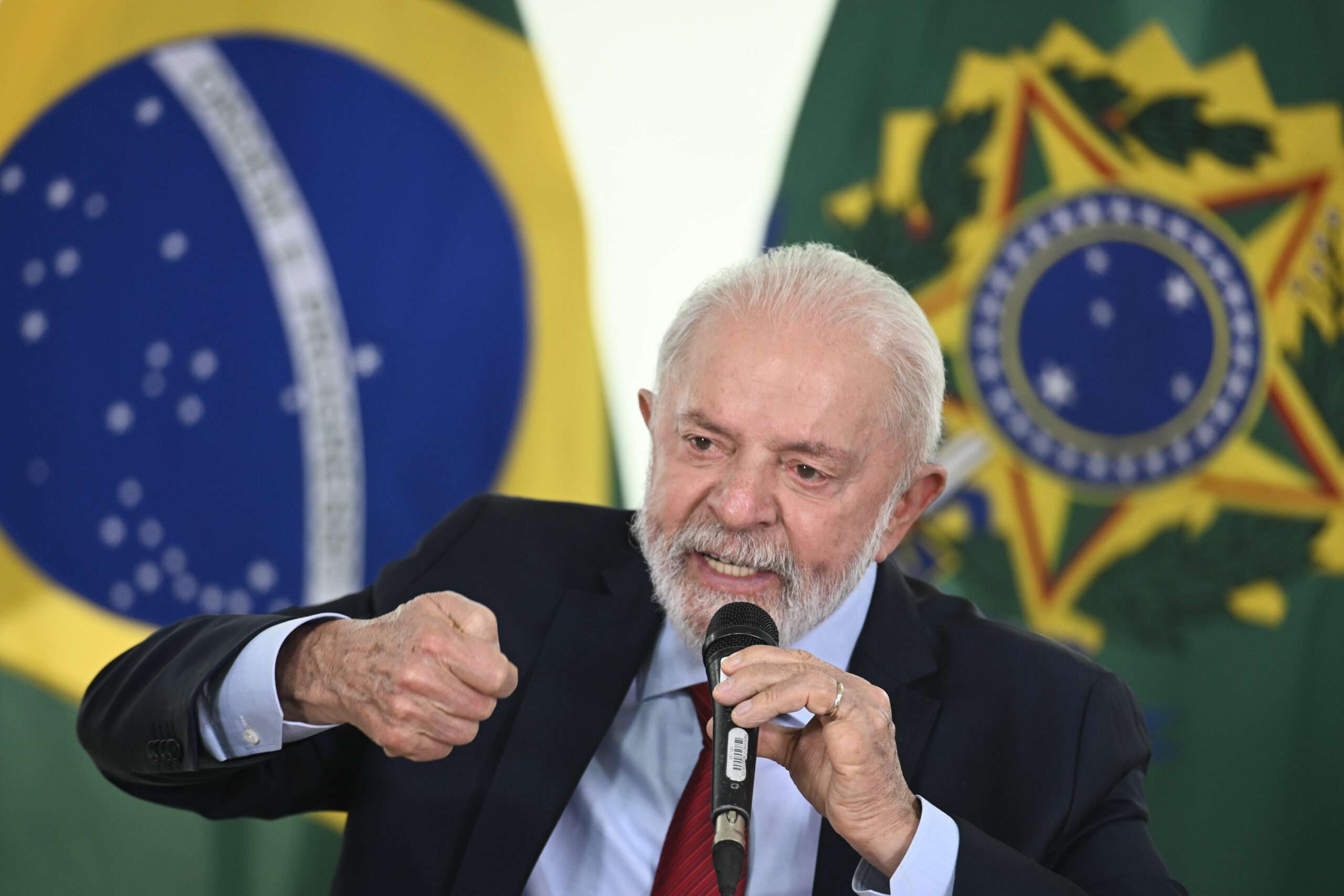Brazilian President Misattributes Inequality to Markets. Here’s Why That’s Incorrect.
During the recent Group of 20 (G20) social summit, Brazilian President Luiz Inácio Lula da Silva delivered a passionate critique of free-market principles. His remarks underscored a belief in the capacity of technocrats to remedy societal issues, complemented by a perceived disregard for historical economic insights. The G20, which initially convened in response to the financial crises of 2008 to foster global economic stability, saw a significant shift this year with the introduction of a “social pillar,” as outlined by Lula. This new focus is designed to embody collective action and expression among nations, signifying a move beyond purely political and financial considerations.
Lula’s contention revolves around the notion that increased bureaucratic intervention is essential to address what he perceives as the exacerbation of economic and political inequality under neoliberalism. However, historical economic data contradicts this assertion. From 1975 to 2015, a period often characterized as the neoliberal era, income disparities among nations narrowed considerably. According to economists Tomas Hellebrandt and Paolo Mauro, the global Gini coefficient—a measure of wealth distribution—declined from 68.7 to 64.9 between 2003 and 2013 and is anticipated to further decrease to 61.3 by 2035, suggesting that neoliberal policies may have positively impacted global income equality.
Moreover, tracing the expansion of political freedom reveals a parallel trend; the number of countries recognized as free has almost doubled from 44 in 1973 to 84 in 2023, as reported by Freedom House. Lula’s advocacy for permanent mobilization amongst G20 countries to form initiatives like the Global Alliance against Hunger and Poverty—and to impose a tax on the wealthy—posits taxation as a solution to these complex issues. While combating hunger and poverty is undeniably crucial, such objectives are more effectively met through productive economic policies rather than increased taxation. The historical evidence cited by Human Progress indicates that transformative economic systems, fostered through capitalism and international trade, have dramatically reduced the number of individuals living in extreme poverty, highlighting the success of pro-growth approaches.
To further demonstrate the potential of capitalism, Lula is challenged to acknowledge the role of wealth generation in positive societal transformation. For instance, although Bill Gates possesses an immense fortune of $104 billion, Microsoft’s market capitalization reflects a much larger value at $3.085 trillion, indicating how wealth generation contributes to the creation of significant economic value and employment opportunities. The capitalist framework facilitates this growth by rewarding those who innovate and create, thus benefiting society at large.
Contrary to Lula’s portrayal of capitalism as dismissive of public sentiment, advocates of free-market principles argue that it inherently reflects the collective preferences of individuals. Milton Friedman, in his seminal work “Capitalism and Freedom,” articulated this concept of free markets as a representative system where consumers exercise choice akin to voting for their preferred goods and services. This understanding serves to illustrate capitalism’s alignment with individual will rather than an adversarial relationship with the populace, challenging Lula’s claims about public disenfranchisement.
In conclusion, if Lula genuinely aims to alleviate living costs and promote balanced labor hours, his efforts would be more effectively channeled towards fostering liberty and less bureaucracy. Emphasizing personal freedoms, pro-growth policies, and the productive capabilities of free markets could pave the way for more sustainable solutions to hunger and poverty, rather than relying on increased interventionist measures. Ultimately, the interplay between economic liberty and social welfare emerges as a crucial dialogue within the global economic landscape, necessitating a reevaluation of the roles that both state and market play in achieving societal goals.
Share this content:












Post Comment